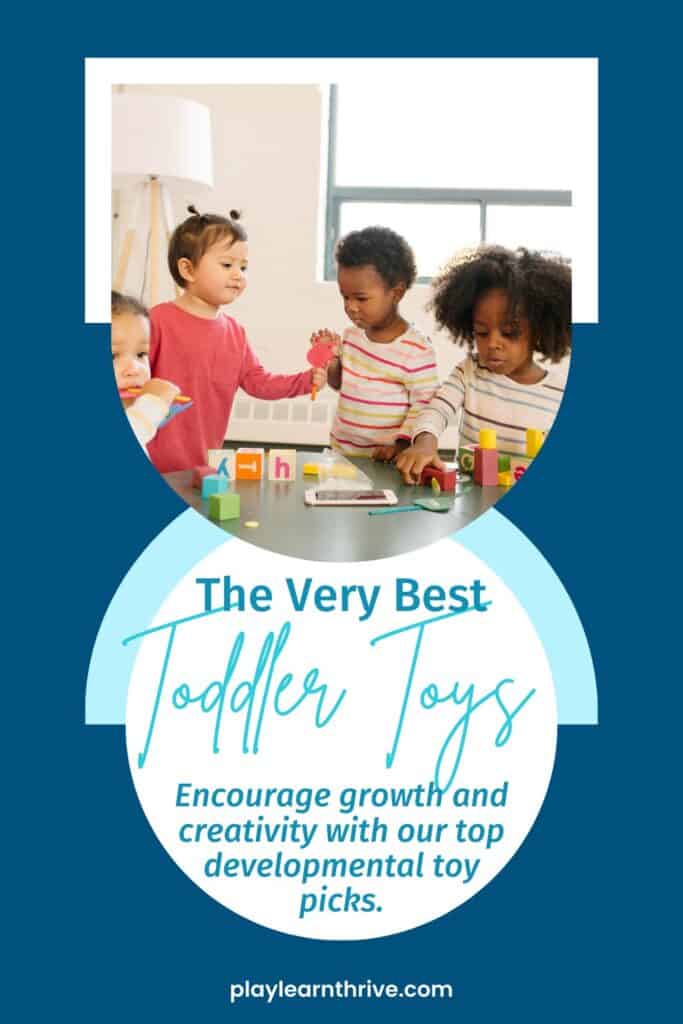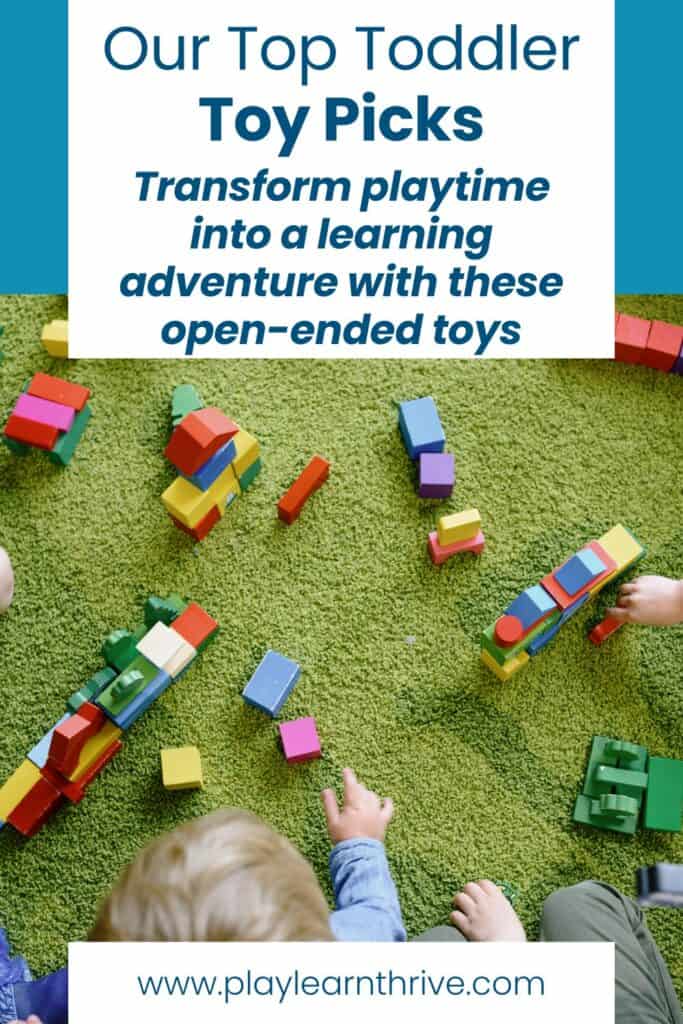Best Toys for Toddlers: 15 Open-Ended, Developmental Must-Haves
In a world where flashy, electronic, and trendy toys dominate store shelves, it’s easy to feel like the best toys for your toddler must include the latest talking, singing, and light-up gadgets. But here’s the truth: the best toys for toddlers—the ones that will support their development, creativity, and play—will almost never be the ones you see trending on social media.
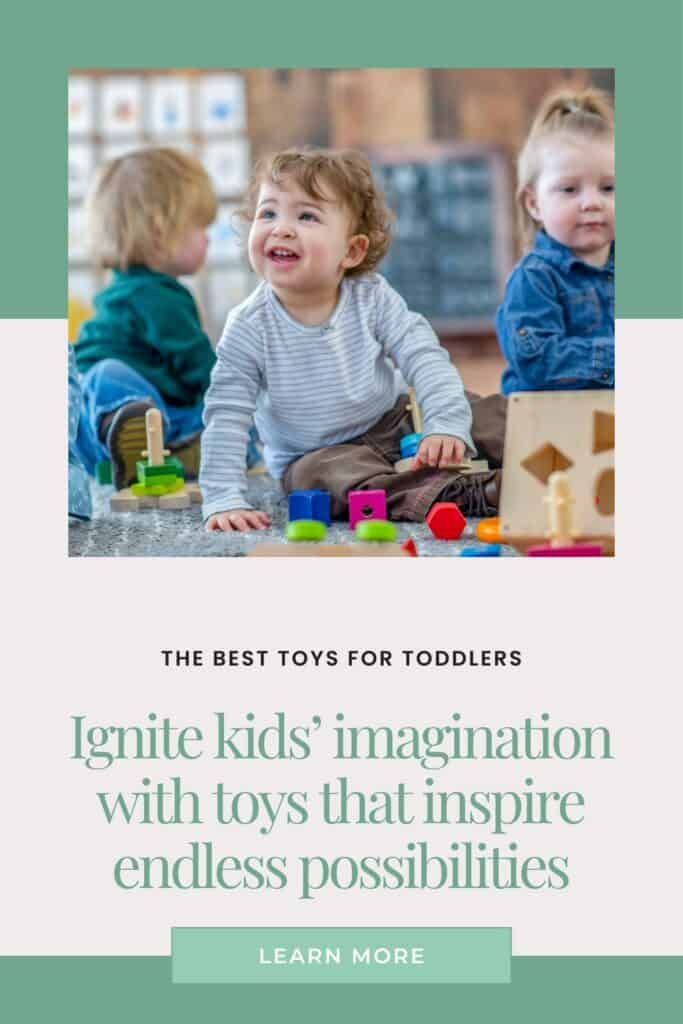
Why Simple, Classic Toys Win Every Time
Play. Learn. Thrive.™ only endorses products we authentically love and use. Some of the product links in this post may be affiliate links. That means that if you click them and make a purchase, this site makes a commission. Play. Learn. Thrive.™ is also an Amazon Associate. As an Amazon Associate, we earn from qualifying purchases. It will have no impact on the price you pay or the experience of your purchase.
The best toddler toys are simple, open-ended, and designed for real play—not passive entertainment. They allow your child to explore, manipulate, and use their imagination instead of simply pushing buttons and waiting for a response.
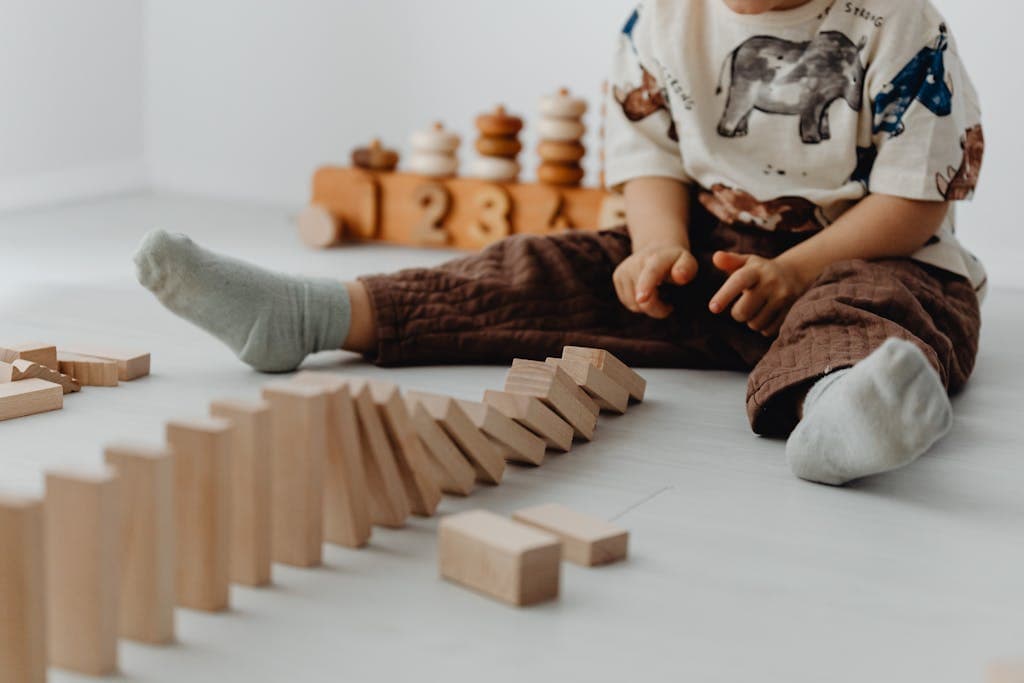
The 90/10 Rule of Play
A great toy should do no more than 10% of the work—the other 90% should be up to your child. That means a toy should inspire curiosity and creativity rather than entertaining your child with lights, sounds, or pre-programmed interactions.
The beauty of open-ended toys is that they grow with your child, adapting to new levels of exploration as they develop fine motor skills, problem-solving abilities, and social-emotional intelligence.
Less Is More: Fewer Toys = Better Play
Research shows that fewer, high-quality toys lead to deeper, more meaningful play. A cluttered playroom filled with too many options can actually overwhelm a child, making it harder for them to focus and engage in creative play. When you curate your toddler’s play space with open-ended, high-quality toys, you’ll notice longer attention spans, more independent play, and richer interactions with the toys they do have.
Now, let’s dive into the 15 best toys for toddlers that encourage open-ended, imaginative, and skill-building play!
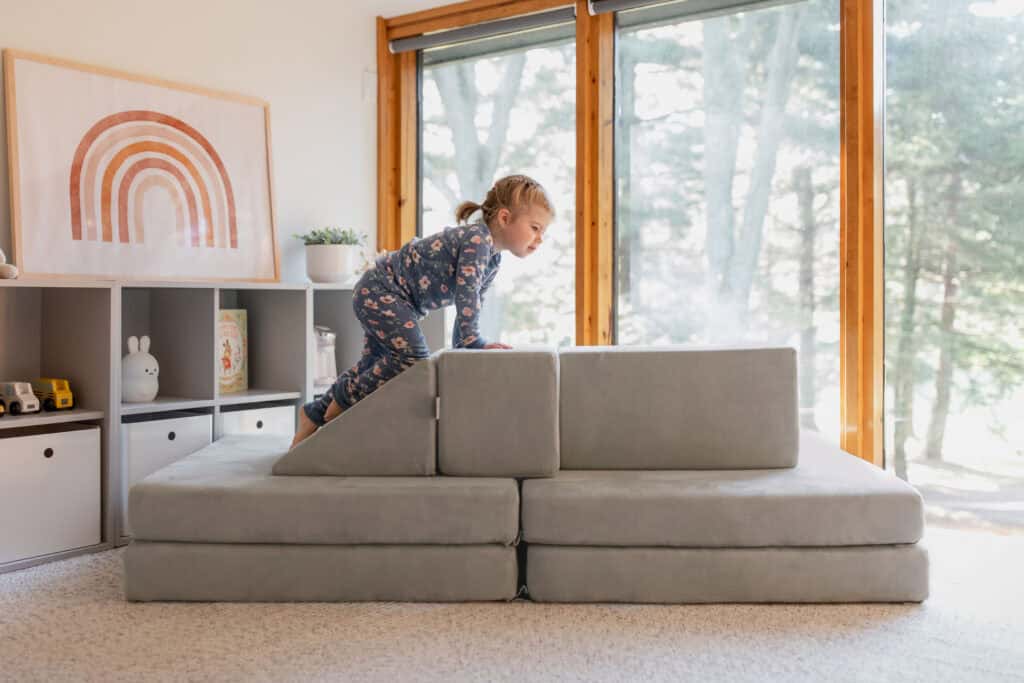
Figgy Play Couch = Must Have for Kids!
We adore our Figgy Play Couch because it is WASHABLE and DURABLE! It is a lot sturdier than other play couches out there and for us, the washable feature is what sold it! All of our kids love it and play with it every single day.
The 15 Best Open-Ended Toys for Toddlers
1. Wooden Blocks
A classic that never gets old! Wooden blocks help toddlers build fine motor skills, spatial awareness, and creativity as they stack, balance, and knock them down (again and again).
2. A Play Couch
Perfect for climbing, building forts, and imaginative play, a play couch offers endless opportunities for movement and creativity—no screens required.
3. Sensory Balls
Textured balls encourage sensory exploration, fine motor skills, and hand-eye coordination. Plus, they’re great for rolling, tossing, and squishing!

4. Magnetic Tiles
These colorful, geometric tiles encourage STEM learning from an early age. Toddlers love sticking them together to create towers, castles, and abstract designs.
5. Stepping Stones
Perfect for gross motor skill development, stepping stones can be used for balance practice, obstacle courses, and imaginative “lava floor” adventures.
6. Soft Dolls
A soft, simple doll encourages nurturing play, emotional development, and storytelling. Look for dolls with neutral expressions so your child can project different emotions onto them.
7. A Large Wooden Toy Truck
Unlike flashy, battery-operated toy vehicles, a large wooden truck lets kids push, load, and create their own play scenarios, fostering independent play.
8. A Play Kitchen
A well-made wooden play kitchen can be a staple in your home for years. Toddlers love pretending to cook, serve food, and role-play everyday activities.
9. Wooden Stacking Toy
Stacking toys improve fine motor skills, problem-solving, and coordination while offering endless ways to explore shape, size, and balance.
10. Wooden Stacking Cups
Great for water play, stacking, and nesting, these simple cups encourage problem-solving and open-ended exploration.
11. A Pikler Climber
Ideal for safe indoor climbing, gross motor development, and confidence-building, a Pikler climber is a must-have for active toddlers.
12. Large-Knobbed Puzzles
These are perfect for developing problem-solving skills and fine motor coordination. Look for puzzles with real-life objects or nature themes for added learning value.
13. A Simple Pull Toy
A pull toy encourages walking, coordination, and pretend play, making it a great companion for a newly mobile toddler.
14. Animal Figures
Simple animal figurines (we love the brand Schleich) support storytelling, pretend play, and fine motor skills while encouraging a connection with nature.
15. A Rhythm Instrument Set
Basic musical instruments like a xylophone, tambourine, or egg shakers help develop rhythm, coordination, and auditory processing while making music fun.
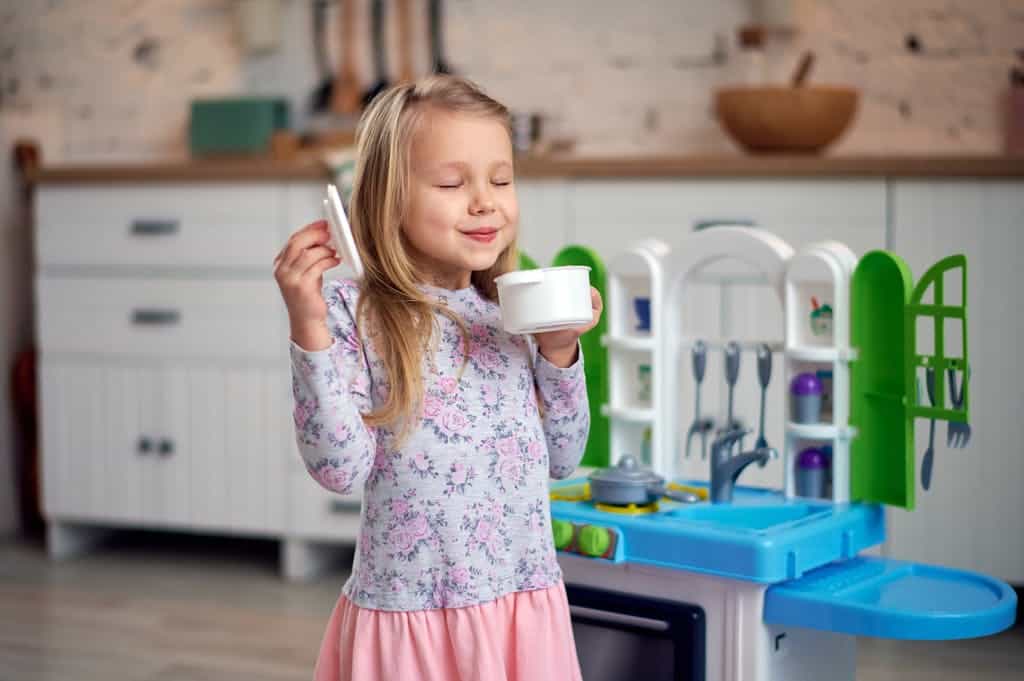
50 Simple Screen-Free Learning Activities for Curious Kids
These 50 hands-on activities help children develop problem-solving skills, creativity, and real-world knowledge—without needing a screen. Designed to encourage self-directed play, hands-on discovery, and deep learning, this guide gives you a simple way to turn everyday moments into powerful learning opportunities.
Why These Toys Are the Best for Toddlers
- Unlike trendy toys that quickly lose their appeal, these 15 timeless toys:
- Encourage independent, self-directed play
- Support cognitive, social, and physical development
- Grow with your child, offering years of play value
- Are battery-free—because real play doesn’t need flashing lights!
Keep It Simple & Let Them Play
Your toddler doesn’t need a mountain of toys. In fact, the fewer they have, the richer their play will be. By choosing open-ended, high-quality toys that invite curiosity and exploration, you’re fostering creativity, problem-solving, and lifelong learning.
So next time a viral toy pops up on your feed, remember: the best toys are the ones that do less—so your child can do more.


